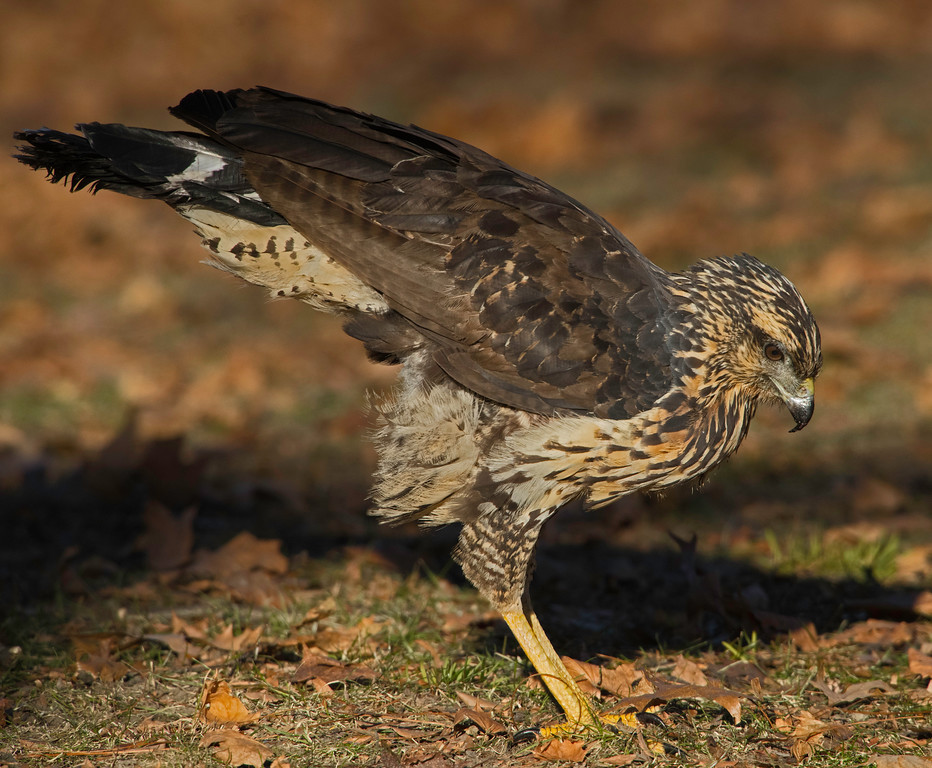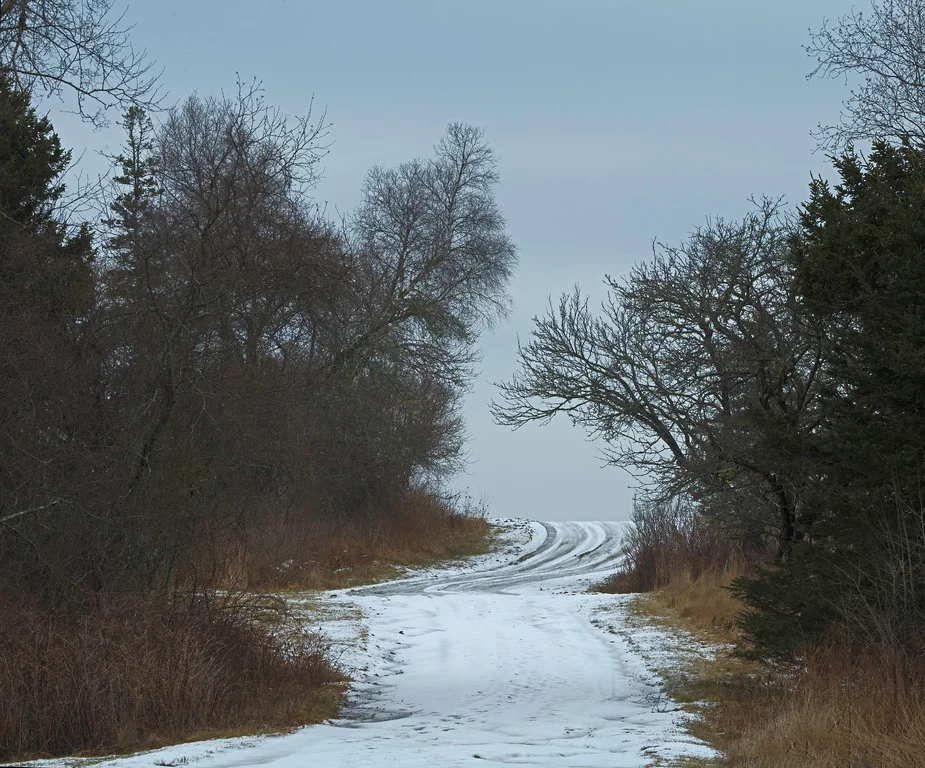This famous Great Black Hawk that was wintering in Maine died Thursday (January 31). Here is an image of it when it was healthy on December 14, 2018:
The young male was found severely frostbitten in its claimed territory, Deer Oaks Park, Portland, Maine. It was taken to Avian Haven in Freedom, Maine, where it was determined that the raptor could not be rehabilitated for an acceptable life; it was euthanized. Here is another image taken on the same day:
Great Black Hawks are natives of Central and South America. This one’s unprecedented winter residence in Maine created a sensation among birders who travelled from many states and Canada to see and try to photograph their first GBH. (Yours Truly and FB Friend Steve Lauermann were among them.) Here’s another image taken the same day:
For more information and images of the courageous raptor, click here: http://www.5backroad.com/journal/2018/12/16/in-the-right-place-fame




















































































